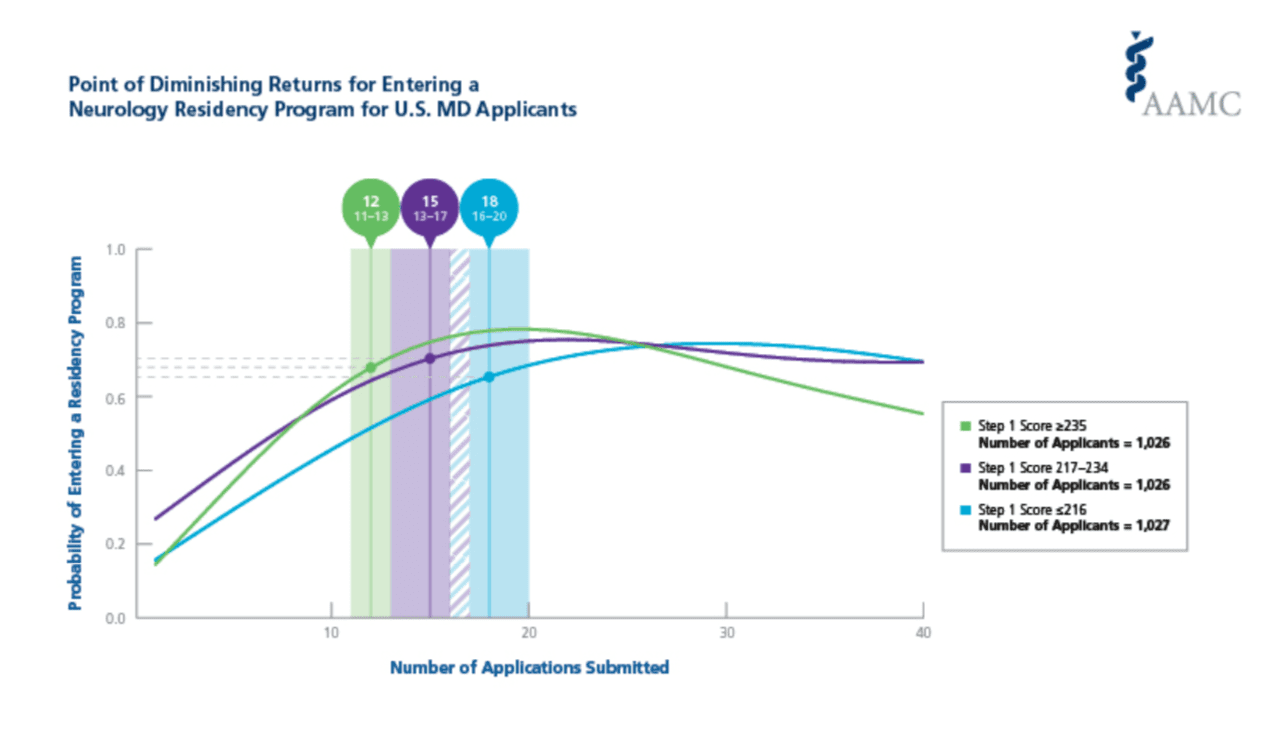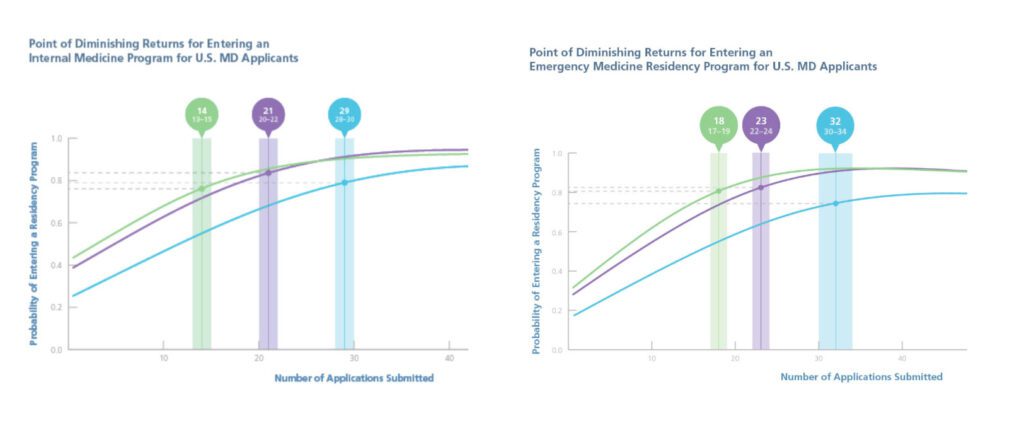So You Want to Be a Neurologist

3770 Views
Ah Neurology, a field chock full of doctors who chart strange new medical territories, compulsively open black boxes, and get excited about the weirdest and coolest science they can find.
Welcome to the club, nerd! My name is Caleb McEntire and I am a tutor at Elite Medical Prep as well as a Neurology resident at the Harvard Combined Program for Massachussetts General and Brigham and Women’s Hospitals.
Below are a few impressions on neurology from someone who double-applied in neurology and psychiatry that I thought might be helpful to share. You can also have a look at my slightly more technical post about matching into neuro for residency from the Elite Medical Prep Residency Matching series here.
What should I look for in programs and interviews?
Neuro is a smaller field than internal medicine, so it’s helpful to have an idea of your interests when you start looking around. For folks applying to large fields like IM, most programs will have a decent program in the big subspecialties. There will be pulm-crit and cards attendings if you want to find mentors for those. Neuro programs are slightly smaller, so if you’re interested in neuro-infectious disease (like me), or headache, or sports rehab neuro, it’s worth it to take a quick look at whether they have someone doing research in your field. (If you want to do stroke or epilepsy you’re in luck, because those are the bread and butter of most programs!)
An important qualifier for this research: don’t let it become a burden as you do interviews. It’s always a positive to find mentors who share your interests, but if you’re unsure about your specialty or finding it stressful to do this for every program you’re applying to, consider taking a breath and a step back. You’ll be able to find interesting work at most any program, whether or not they have that one particular specialist you vaguely thought was cool.
What are interviews like?
My interviews in neurology were very relaxed for the most part. Speaking in broad strokes, neurologists are not the types to stand too much on ceremony or to do much interview-hazing. Most of my conversations were simply about what got me interested in the field and what I wanted to do. I ended up talking about my research only a tiny minority of the time (although you should take this with a grain of salt, as I took a good chunk of time between undergrad and med school, so my CV includes many non-medical activities). My main tip for you going into neuro interviews is to get excited! Your interviewers will love nothing more than seeing what gets you riled up about this fascinating field we have the privilege to study.
How many programs should I apply to?
That is a great question. To answer it, let’s indulge ourselves briefly with some hard data:
Neuro residency slots in 2018: 552
Neuro residency applicants in 2018: 1143 total (501 US medical grads)
Total matches: 539 (280 US medical grads)
Below are a few handy charts from the AAMC that show the predicted diminishing return points in number of program apps by Step 1 score – that is to say the Goldilocks number, where applying to fewer would lose you important options in the match but applying to more wouldn’t statistically land you in a better program. You don’t have to worry too much about the exact numbers (you can read the explanation for neuro here if you’d like), but let’s take a look at the gist of the graphs: the optimal number of programs for someone with an average step 1 score (usually around 230) is 15, compared to 21 and 23 for IM and EM respectively. I know it can be tempting to apply to every possible program because what if I don’t get in – and yes, erring on the side of caution is a good idea! But remember that you also need to stay fresh and excited for the interviews you have, and that might be tough if you schedule 30 interviews over the course of two months.
My recommendation is to use the AAMC guidelines below as a starting point and adjust based on your other competitive factors. If you have a first-author paper or other impressive research credentials along with an average Step 1 score, well, maybe you don’t quite need to hit 15. If you know that your letters of rec are absolutely stellar, you could probably give yourself a break from one or two. For reference, I applied to ten neurology programs with an above average step score and a good research background.


And regardless of how many programs you apply to, try to remember to enjoy interview season even while you have to impress a truckload of program directors. Neurologists more than many healthcare professionals I’ve met are folks who delight in the fascinating science they study. Let your passion shine through.
That’s it! As a final note, if you found any of this information helpful and would like some extra help with your residency application, reach out to us! Myself or one of our other experienced residency advisors would be happy to get you moving in the direction to successfully matching.
Featured Articles

